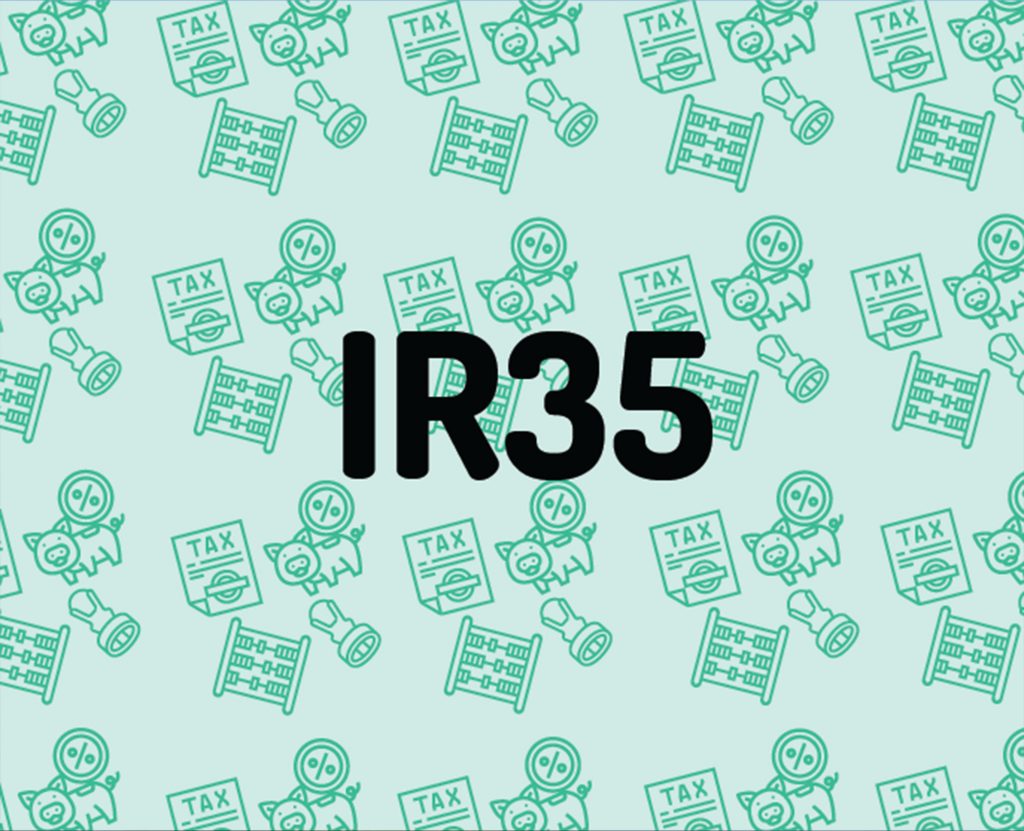
IR35 reforms postponed until April 2021
The controversial reforms to IR35 rules have been postponed by the Government as it deals with the COVID-19 challenge.
IR35 – for those who had yet to get a handle on it – is a piece of legislation which assess whether someone is a genuine contractor or a disguised employee – and if it’s the latter, HMRC gets to collect additional payment from workers. It’s been enforced in the public sector since 2017 and was due to come into effect in the private sector next month.
The changes would have meant that every medium and large private sector company would have been responsible for setting the tax status of any contract worker they use. Despite calls to scrap it altogether, the Treasury insisted this had to happen to tackle the ‘fundamental unfairness of the non-compliance with the existing rules’ although it’ll now not happen until 2021.
The chief secretary of the Treasury Steve Barclay said: “This is a deferral, not a cancellation and the government remains committed to reintroducing this policy to ensure people working like employees but through their own limited company pay the same tax as those employed directly.”
Arguing that the legislation will be ‘incredibly damaging to the contracting sector’, Ed Molyneux, CEO, and co-founder of cloud accounting software company FreeAgent – who has long called out concerns about the changes – said: “Our own research found that among business owners who actually know what IR35 is, the majority believe that the legislation will have negative consequences for independent workers – and while the news of a year delay will certainly provide relief in the short term, this cannot be seen as a sustainable, long term solution.
“However, I also think that deferring the reforms due to COVID-19 may actually represent a good opportunity to completely rethink how we treat our flexible workforce.”
Andy Vessey, head of Tax at Larsen Howie, commented that there’s no way the Government could drop this method of raising revenue to cope in the aftermath of coronavirus: “They will need to recoup as much tax revenue as possible to repair the huge dent in HMT’s coffers caused by COVID-19. In other words, the [contractor] market has 12 months to get this right. After that, there will be strict enforcement – so no soft landing.
“Anyone who has received an ‘inside-IR35’ status determination, having previously self-assessed themselves as outside and which HMRC may have now caught wind of, may now find the Revenue using this time to target them over the next 12 months.”
We might not like it, but it’s not going anywhere!


